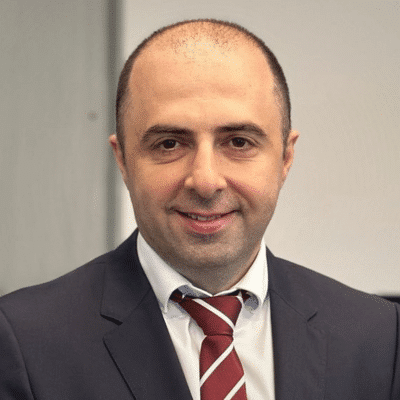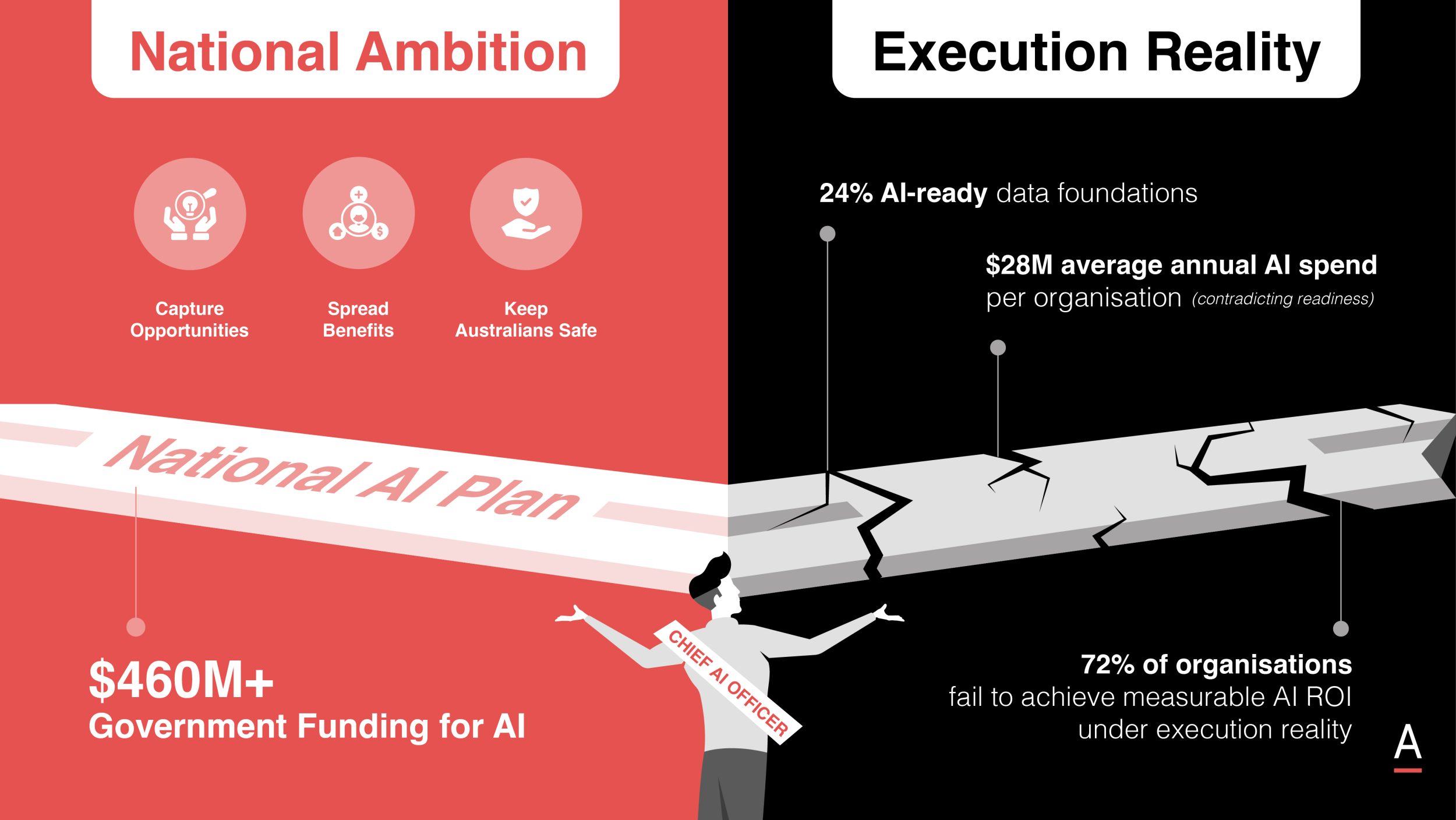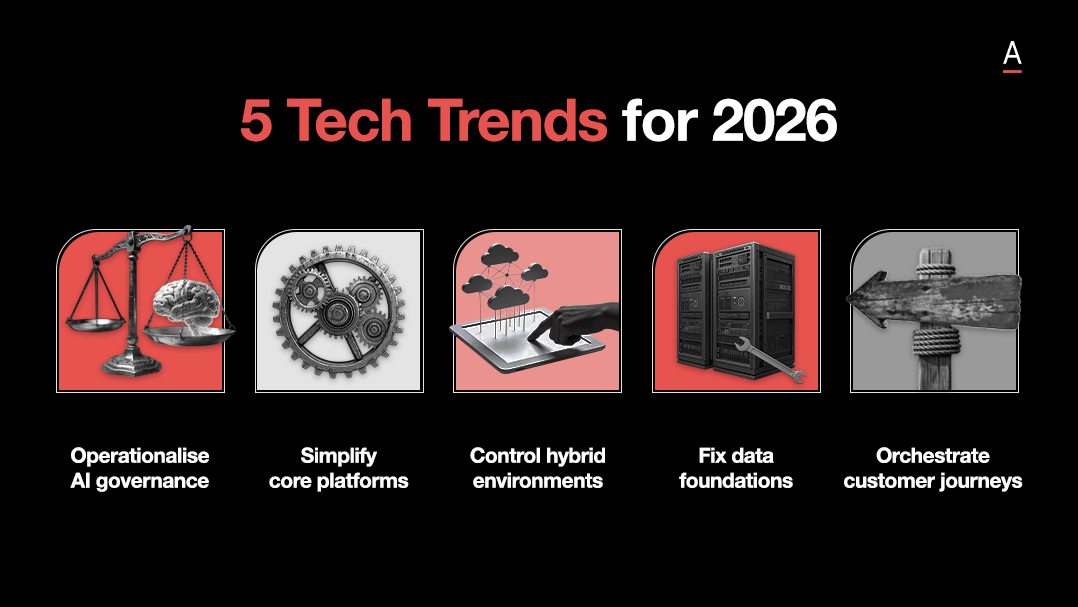Artak Amirbekyan reflects on 20 years of data evolution and how democratised AI now demands strong guardrails in this Data & AI Edge interview.
Artak Amirbekyan, Chief Data Officer at EBOS Group, has a career spanning two decades of transformation in data and analytics.
From his early academic work in privacy-preserving data mining to leading enterprise AI strategies, Artak has witnessed the field evolve from niche to essential.
He began his career in Germany, later moving to Australia to pursue a PhD focused on data mining and digital privacy.
At the time, opportunities in this space were limited in Australia, especially compared to the US.
Artak initially entered academia before transitioning into industry as the market matured and demand for data talent grew.
Today, he sees data and AI as deeply embedded in both business operations and governance.
He noted that twenty years ago, many leaders dismissed digital privacy and data mining as unnecessary.
Now, roles like Chief Data Officer and Chief AI Officer are not only common, but essential to strategic decision-making.
This reflects a broader societal shift in the way data is valued and managed.
Artak also addressed the democratisation of AI, where lower costs and greater accessibility, exemplified by tools like ChatGPT, have enabled widespread usage.
This has unlocked new value and innovation across teams.
However, he warned that adoption must be balanced with governance.
He emphasised the importance of organisational guardrails to manage AI responsibly.
By setting clear policies around data access, usage, and accountability, businesses can enable innovation while safeguarding trust and compliance.
Guardrails, he argued, are essential to scale AI safely and sustainably.
Key takeaways
- Data and AI have shifted from niche to essential – Over 20 years, data and AI moved from academic curiosity to core business functions with dedicated leadership roles and enterprise-wide impact.
- Democratisation accelerates innovation – As tools like ChatGPT lower entry barriers, AI becomes widely used across organisations—driving broader innovation and productivity gains.
- Guardrails protect innovation at scale – Responsible AI adoption requires clear governance, from data sharing policies to ethical frameworks, ensuring safe and strategic deployment.






























